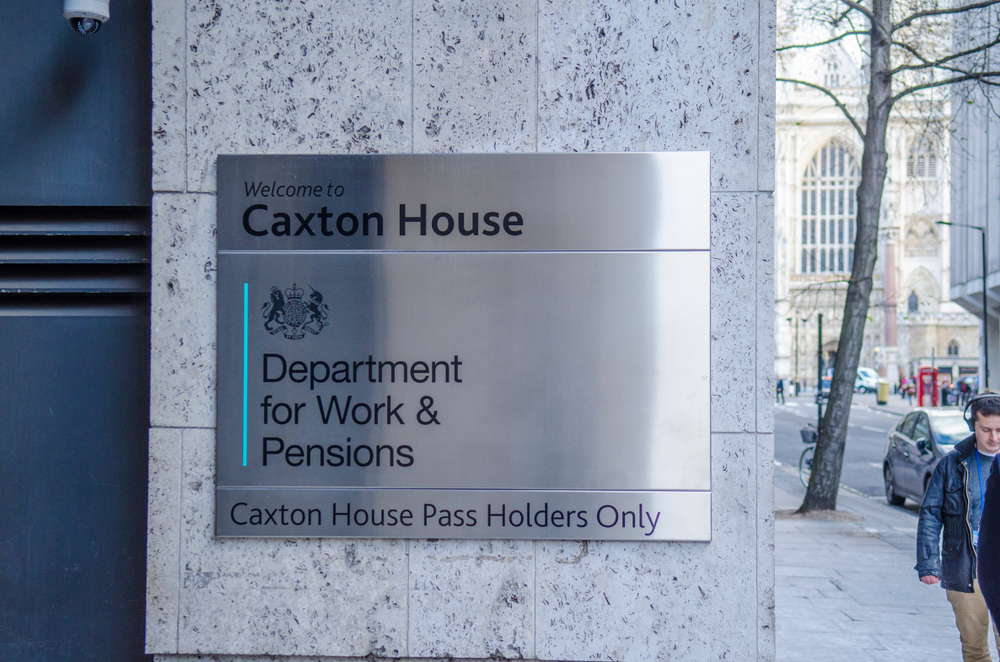Employers are concerned that savers are not contributing enough to their pensions and support a minimum auto-enrolment (AE) contribution of 12 per cent, with 6 per cent paid by employers, a new survey from the Association of Consulting Actuaries (ACA) has discovered.
The final report of the ACA’s 2021 Pension trends survey, which included responses from 212 employers sponsoring over 400 pension schemes, found that not only were AE contributions believed to be too low, more people were opting out.
Over 2021, the number of employers seeing auto-enrolment cessation rates materially increase doubled from one in 10 to one in five because of the Covid pandemic, the survey found.
The report also discovered that many employers had concerns with the 2021 Pension Schemes Act, with 76 per cent of respondents stating that, as a result of additional regulatory requirements, they expect more trustees will consider resigning due to the scale of the new responsibilities they are expected to take on.
Evidence was also discovered that trustees and governing bodies were taking steps to prepare for the changes the act will be bringing with it, with 51 per cent of them saying that they had taken action to clean up pensions data in preparation for pensions dashboards.
Additionally, the survey offered insight into collective defined contribution (CDC) schemes with 58 per cent of employers saying that they supported the CDC option being made available, an increase of 6 percentage points on the previous year, and 54 per cent supported its extension to allow industry-wide and multi-employer CDC schemes, representing an 8 percentage point rise on the year before.
ACA chair, Patrick Bloomfield, commented: “Our survey found British business is rightly worried that we’re not saving enough and supports increasing auto-enrolment minimum contributions. Doing so would address inequities in today’s pension landscape, which hit women, minority groups and the poorest hardest. Extending this to make pensions more flexible and better integrated with later-life social care would help everyone.
“The government’s inaction in this policy area is particularly concerning. We are seeing millions of workers in DC schemes ‘sleep walking’ towards levels of income in retirement in the years ahead that will fall far short of the incomes of millions of current pensioners who have benefitted from defined benefit arrangements.
“Without a plan for increasing saving levels, the younger generation of taxpayers of tomorrow will face enormous bills to support the elderly in retirement, dwarfing the extra funds recently allocated to social care.
“The ludicrous complexity of pensions tax is also preventing Britons from saving. It is time for a root and branch review, to get us saving for our futures. Again, no action has been taken.
“Businesses and savers want flexibility with digital access through dashboards - where progress is again worryingly slow and increasingly unlikely to meet the stated launch timetable.”
The report also offered a number of public policy recommendations, such as balancing costs between current workers’ and pervious workers’ pensions, increasing auto-enrolment coverage and minimum contributions, and introducing income targets and more advice during the accumulation phase.
Bloomfield continued: “Our survey found it’s not all doom and gloom. There remains strong business support for pensions becoming central to tackling climate risk, with savers demanding action and schemes beginning to grasp the nettle. And there’s an increasing appetite beyond Royal Mail for CDC as a new way of saving, provided the regulatory regime is proportionate and is extended widely to more employers in a timely way.”
Latest News
-
TPR urges trustees to ensure defaults reflect saver patterns
-
FCA opens targeted support authorisation gateway
-
ACA calls for formal notification process for professional trustee appointments
-
Royal Mail CDC scheme delivers pension increase of 6.4% in first year
-
Maps calls for industry to help sign up consumers for next dashboard testing phase
-
PASA launches trustee-admin engagement series to strengthen governance and oversight
THE ROLE OF INSURANCE LINKED SECURITIES (ILS) IN PENSIONS TODAY
Francesca Fabrizi sits down with Leadenhall Capital Partners Senior Managing Director, Alistair Jones, to talk about the role of Insurance Linked Securities (ILS) in pension fund investing today
Private markets – a growing presence within UK DC
Laura Blows discusses the role of private market investment within DC schemes with Aviva Director of Investments, Maiyuresh Rajah
Podcast: From pension pot to flexible income for life

Podcast: Who matters most in pensions?

In the latest Pensions Age podcast, Francesca Fabrizi speaks to Capita Pension Solutions global practice leader & chief revenue officer, Stuart Heatley, about who matters most in pensions and how to best meet their needs
© 2019 Perspective Publishing Privacy & Cookies









Recent Stories